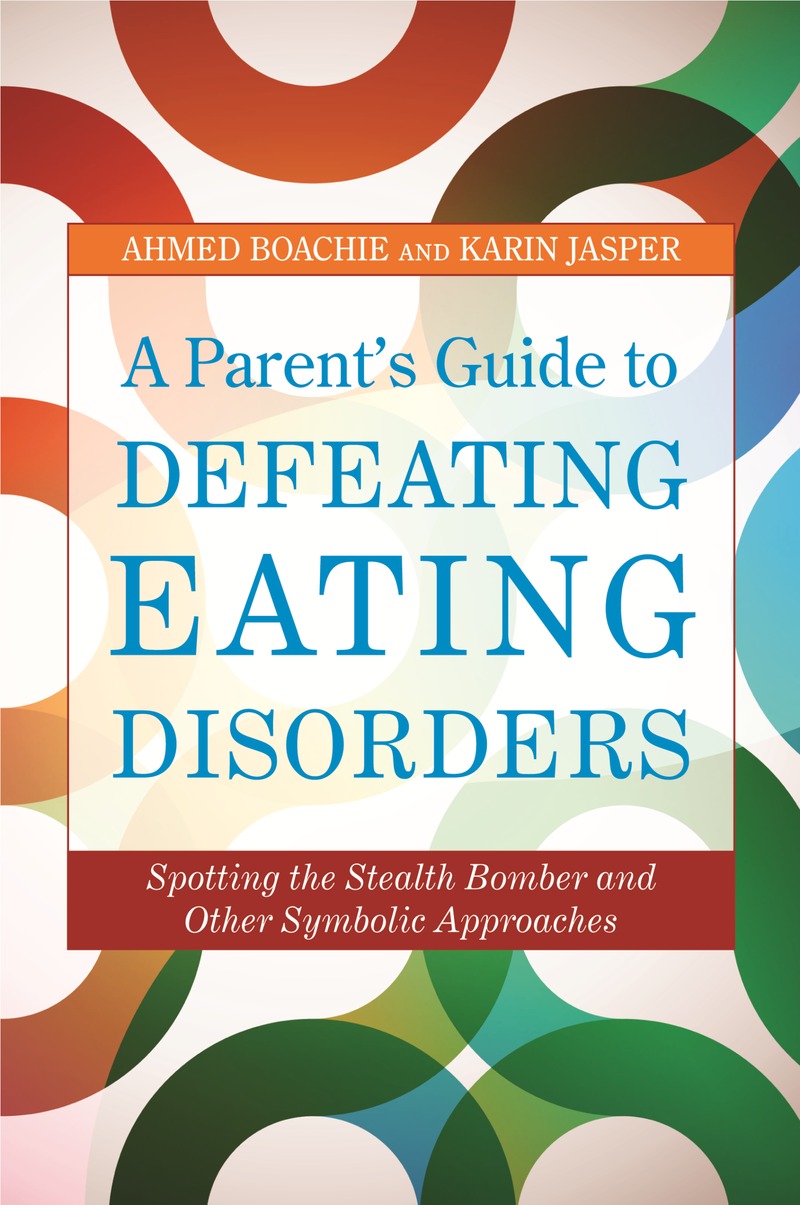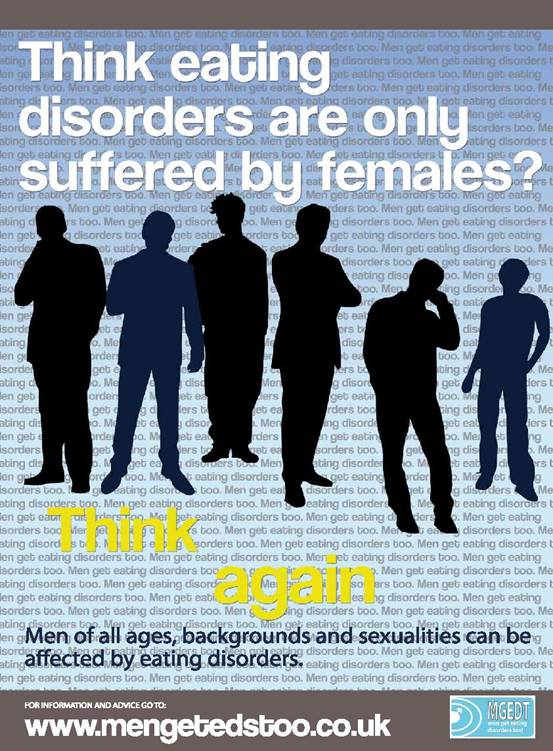
Bulimia
Bulimia Nervosa
Bulimia Nervosa, commonly just referred to as Bulimia, is a serious psychological condition characterised by recurrent periods of bingeing on food, followed by purges, which can be self-induced vomiting, laxative abuse, over exercise, or a combination of those methods.
 Bulimia is often harder to detect, with many sufferers maintaining a normal weight, or being slightly overweight, but the health implications can be just as damaging as those of anorexia, especially with complications surrounding the heart.
Bulimia is often harder to detect, with many sufferers maintaining a normal weight, or being slightly overweight, but the health implications can be just as damaging as those of anorexia, especially with complications surrounding the heart.
Binges are often unusually large quantities of food, with thousands of calories often consumed in one sitting and the eating is usually hurried and nearly always in secret. A sufferer will feel ashamed and guilty during and following a binge and then uses compensatory measures such as vomiting or the abuse of laxatives for example, in an attempt to rid the body of the items consumed.
Symptoms
While every sufferer is unique and the symptoms and especially behaviours can vary greatly, some of the more common features of Bulimia include;
Psychological
- Intense feelings of shame and guilt following a binge,
- Feeling out of control during a binge,
- Uncontrollable urges to eat vast amounts of food,
- Low self-esteem,
- Negative body image,
- Feelings of depression and/or emptiness
Behavioural
- Bingeing followed by purging (usually vomiting),
- Disappearing after meals,
- Secrecy around behaviours, withdrawal from social situations
- Excessive use of diet pills, laxatives and diuretics as another means of purging
Physical
- Frequent weight changes (sufferers of bulimia are normally of a normally weight, or slightly overweight)
- Tooth Decay and poor dental hygiene as a result of persistent vomiting
- Digestive problems
- Cardiac problems as a result of electrolyte imbalances
- Poor skin condition, hair loss
- Lack of interest in sex
- Lethargy and tiredness
Diagnosing Bulimia
To reach a diagnosis, the behaviours must be frequent and long standing. The disorder is often underrepresented, with education and awareness raising activities normally focusing around Anorexia. This means that very often a sufferer will feel more ashamed about the condition, couple that with the fact that bulimia is much harder to detect and it becomes increasingly difficult for a sufferer to come forward and seek help.
Sufferers can become trapped in a recurrent pattern of bulimic behaviours, which often worsen in frequency and intensity as the disorder progresses. Much like other eating disorders, the behaviours displayed aren’t necessarily a direct result of food, but using the binge to deal with difficult feelings or emotions and then having deep feelings of guilt and shame which induces the purging cycle.
Causes of Bulimia
The causes are thought to be similar to that of Anorexia, with a common association to bullying, family breakdown, abusive relationships and depression among other things.
Bulimia is statistically more common than Anorexia and likely to affect more young women than any other group, but recent surveys in other areas have shown a large percentage of people have engaged in binge/purge behaviours before, just not to the intensity to satisfy the diagnostic criteria.
Treatment
As with Anorexia treatment for Bulimia is usually conducted by a multi-disciplinary team including psychologists, therapists, dieticians and doctors. Treatment is geared at dealing with the difficult feelings and emotions that cause a person to binge, while teaching the sufferer new coping strategies to deal with difficult feelings as an alternative to bulimic behaviours. Most of this treatment happens in an outpatient setting and in severe cases, in patient treatment is sometimes required.
Recovery is a term often used by sufferers when referring to their journey to recover from an eating disorder. Some will say that recovery to them is being able to manage bulimic behaviours and not act upon them, while others see recovery as a complete recovery from thoughts of bulimia. It is important to remember that recovery from an eating disorder is often a long and difficult journey, however there is lots of support in terms of self-help, support groups and organisations to help a sufferer alongside professional treatment. Please see the guides below for further information, help and resources.
Find an eating disorder therapist
Related Guides


























